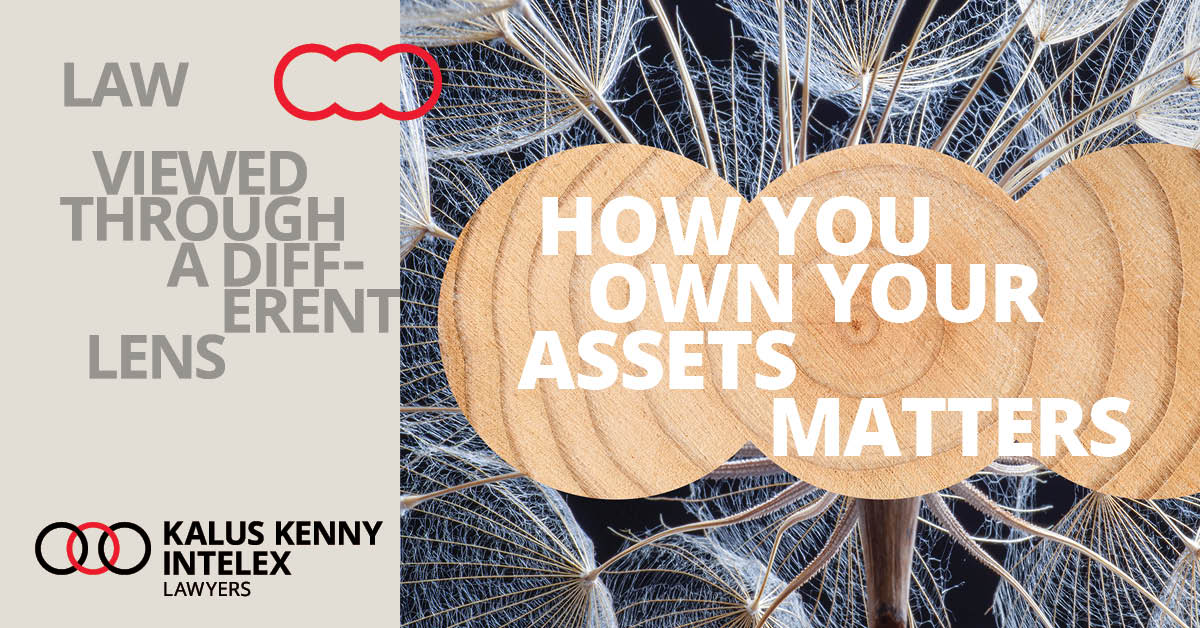Did you know that how you own property personally impacts how they are distributed on your death?
There are two types of property ownership structures for assets owned personally where there are more than one owner – “joint tenants” or as “tenants in common”.
When assets are owned as ‘joint tenants’, the owners (two or more) own that asset jointly. This means each owner has a 100% interest in the property.
On the other hand, the ‘tenants in common’ structure means that each owner co-owns the property in equal or unequal shares (ie each own 50% of the asset).
How assets are owned personally is particularly important where an owner is affected by death as each method of ownership results in a different outcome.
For example, upon the death of one owner in a ‘joint tenants’ structure, the right of survivorship operates. This means that, upon death, the deceased’s interest in the property will automatically belong to the survivor or survivors of the owners and cannot be gifted in their Will to someone else. However, this also means that a disgruntled beneficiary cannot contest the distribution of the asset to the survivor or survivors.
On the other hand, the ‘tenants in common’ structure allows an owner to gift their interest in the property under a Will. However, assets owned in this manner will result in the deceased’s interest forming part of their estate upon death which can lead to disgruntled beneficiaries contesting the Will.
It is important to consider how assets are owned when preparing your estate planning and when considering who should benefit from your estate. How you own assets personally should be protected from any unintended outcomes.
If you require advice about whether your current property ownership structure is in line with your intentions, please contact Kimi Shah or Rachel Fletcher.



